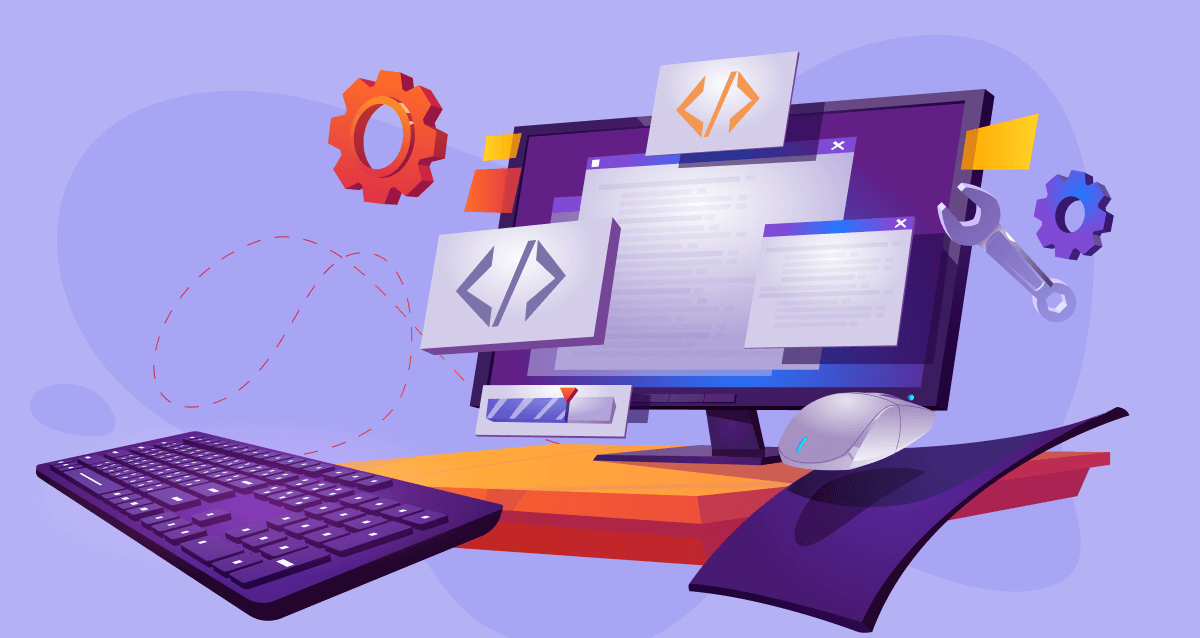In today's digital age, mobile applications have become essential tools for businesses to connect with their customers, streamline operations, and drive growth. However, the journey from conceptualizing an app to achieving success in the competitive marketplace requires careful planning, expertise, and a tailored approach to development. In this article, we explore the process of app development and highlight the importance of customization for businesses seeking to create impactful mobile solutions.
1. Conceptualization and Planning
The first step in app development is conceptualization, where businesses identify their objectives, target audience, and desired features for the app. This stage involves brainstorming ideas, conducting market research, and defining the scope of the project. By understanding the needs of their target users and the competitive landscape, businesses can create a solid foundation for their app development journey.
2. Customization and Design
Once the concept is established, the next step is to design the app's user interface (UI) and user experience (UX) to ensure optimal usability and engagement. Customization plays a crucial role in this stage, as businesses must tailor the app's design to reflect their brand identity and resonate with their target audience. From color schemes and typography to navigation and interactions, every aspect of the app's design should be carefully crafted to deliver a seamless and intuitive user experience.
3. Development and Implementation
With the design finalized, the development phase begins, where developers bring the app to life by writing code and integrating functionalities. Customization remains a priority during this stage, as businesses need to ensure that the app's features and functionalities align with their specific requirements and objectives. Whether it's integrating third-party APIs, implementing advanced functionalities, or optimizing performance, developers work closely with businesses to tailor the app to their unique needs.
4. Testing and Iteration
Once the app is developed, it undergoes rigorous testing to identify and address any bugs, glitches, or usability issues. Testing is an iterative process, where feedback from users and stakeholders is gathered to inform improvements and enhancements. Customization plays a vital role in this stage, as businesses must iterate on the app based on user feedback and changing market dynamics to ensure its success in the competitive marketplace.
5. Launch and Optimization
After thorough testing and iteration, the app is ready for launch. However, the journey doesn't end here. To achieve success in the long term, businesses must continuously optimize the app based on user feedback, analytics, and emerging trends. Customization remains essential during this stage, as businesses tailor their app's features, marketing strategies, and user engagement tactics to meet the evolving needs of their target audience and stay ahead of the competition.
Conclusion
From concept to success, the journey of app development for businesses is marked by careful planning, expert execution, and a commitment to customization. By tailoring their apps to reflect their brand identity, meet the specific needs of their target audience, and adapt to changing market dynamics, businesses can create impactful mobile solutions that drive engagement, loyalty, and growth. With a tailored approach to app development, businesses can navigate the complexities of the digital landscape and achieve success in today's competitive marketplace.





Comments